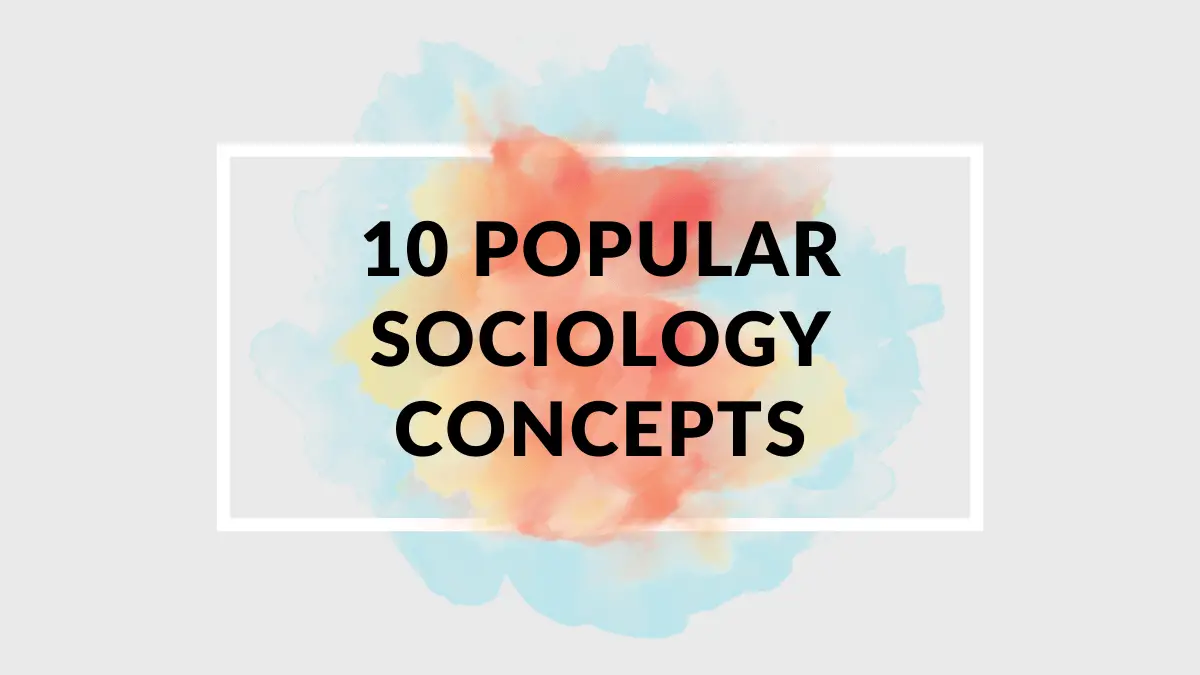Sociology is the study of human society and behavior, and it encompasses a wide range of concepts and theories. In this article, I share some of the most popular concepts in sociology and explore their significance to the understanding of human society.
1. Social Structure
Social structure refers to the patterns of relationships and social arrangements that shape our daily lives. It includes things like social institutions (e.g., family, education, government, and religion), norms, roles, and hierarchies. Social structure influences our behavior, beliefs, and attitudes and helps us understand how society is organized. For example, our religious institutions very explicitly provide us with beliefs and attitudes that intentionally shape our social behavior. By understanding there of social structure in shaping human society, we can more clearly see why certain individuals behave in certain ways.
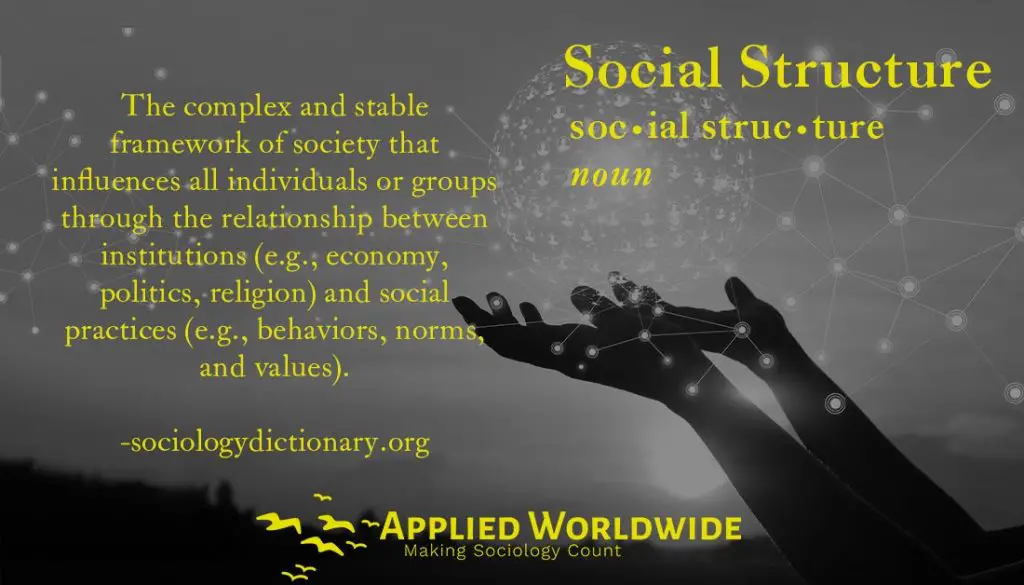
2. Social Stratification
Social stratification refers to the ways in which society is organized into hierarchical categories based on factors such as wealth, power, and prestige. We can also view social stratification through the concepts of gender, race, and social class. Social stratification creates inequality and influences our life chances, including access to education, healthcare, and job opportunities. It is a special form of inequality that instead of occurring at random, occurs in observable patterns based on factors like race and social class.
3. Social Change
Social change refers to the ways in which societies evolve and transform over time. It can be driven by a variety of factors, including technological advancements, economic changes, and cultural shifts. Social change can be gradual or rapid and can have both positive and negative effects on society. Some of the most well-known examples of social change throughout history are the Industrial Revolution and the scientific revolution.
Understanding Social Change as a Sociological Concept
4. Deviance
Deviance refers to behavior that violates social norms and expectations. It can range from minor infractions, such as jaywalking, to more serious offenses, such as murder. While we often think of deviance as a violation of the law, it is important to remember that social norms and laws do not always go hand in hand. For example, someone with tattoos in a religious environment is deviating from social norms, but not breaking any laws. It is also important to note that deviance is socially constructed and varies across cultures and societies.
5. Socialization
Socialization is the process by which we learn and internalize the norms and values of our society. It occurs throughout our lives, beginning in childhood and continuing into adulthood. Socialization helps us understand our place in society, teaches us how to behave, and reinforces the cultural values that shape our society. Sociologists recognize various agents of socialization, including family, peers, eduction, media, the government, and religion.
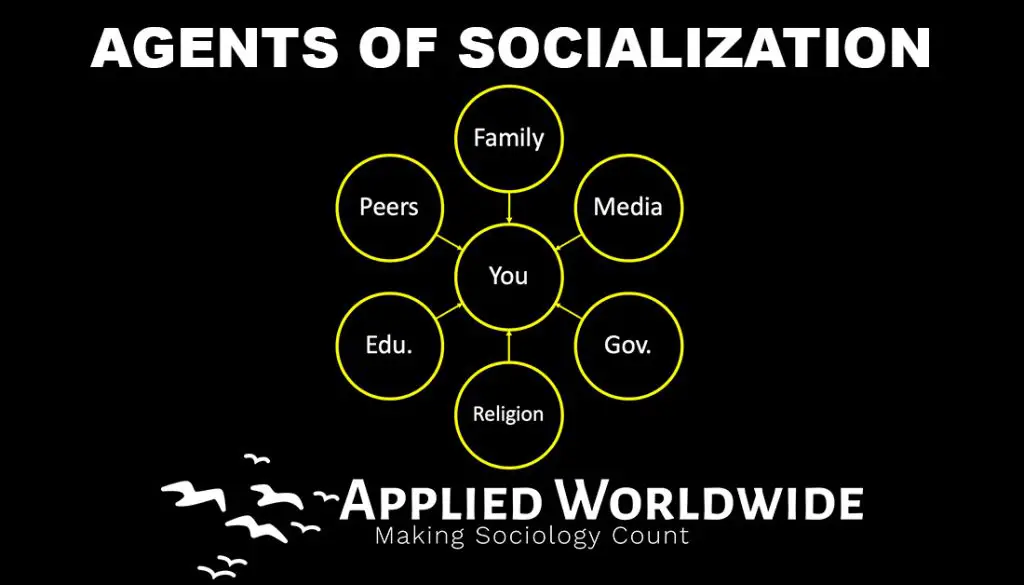
6. Gender
Gender refers to the social and cultural expectations and roles associated with being male or female. It also refers to the ways in which someone identifies based on those cultural expectations of femininity and masculinity. It influences our behavior, attitudes, and interactions with others and shapes our experiences in society. For sociologists, gender is also a separate—though related—concept from sex, which refers specifically to biological markers such as genitals, hormones, and chromosomes.
The Sociology of Gender and How it can be Applied
7. Culture
Culture refers to the shared beliefs, values, customs, behaviors, and artifacts that make up a society. It includes everything from language and music to art and food. Culture shapes how we see the world and influences our behavior and interactions with others. It is often passed down through generations, a process sociologists call cultural transmission.
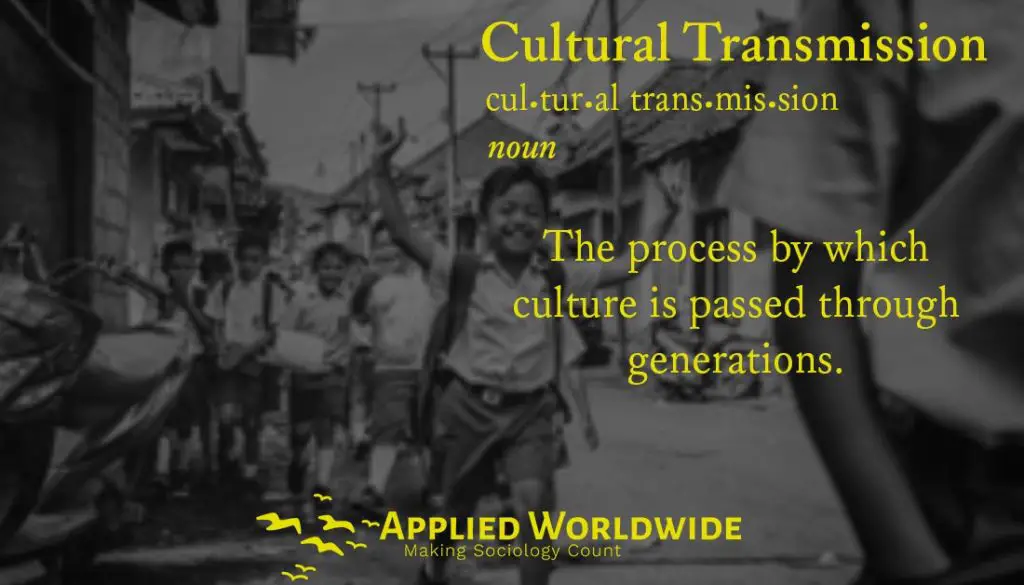
8. Race and Ethnicity
Race and ethnicity refer to social categories based on physical characteristics and cultural backgrounds. They influence our experiences in society, including access to education, healthcare, and job opportunities, and can lead to discrimination and inequality. Categories of race and ethnicity are socially constructed and change over time. The US Census exemplifies that social construction with their ever-evolving categories for measuring race in America.
9. Power and Authority
Power and authority refer to the ways in which individuals and groups exert control and have influence over others. It can be based on factors such as wealth, social status, and political influence and can shape our interactions with others and our experiences in society. One example of a specific type of authority in sociology include traditional authority, which is a type of power legitimized on the basis of long-standing customs, such as the British Monarchy.
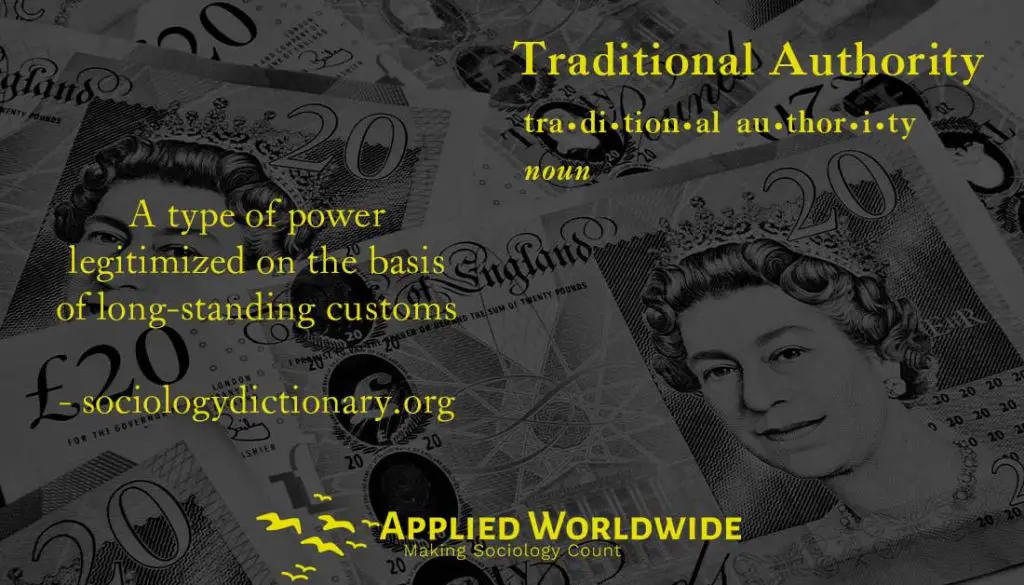
10. Globalization
Globalization refers to the ways in which societies and cultures are becoming increasingly interconnected through trade, technology, and communication. It has both positive and negative effects on society, including increased cultural exchange and economic growth, as well as environmental degradation and exploitation. Rather than halting globalization, the sociological goal is to understand how to make it more equitable and effective for all.
Concluding Thoughts on Sociological Concepts
In conclusion, sociology is a diverse and complex field that encompasses a wide range of concepts and theories. The concepts discussed in this article are just a handful of the most popular and significant ideas to emerge out of sociology. Understanding these concepts is essential for understanding how society works and how individuals interact within it.

